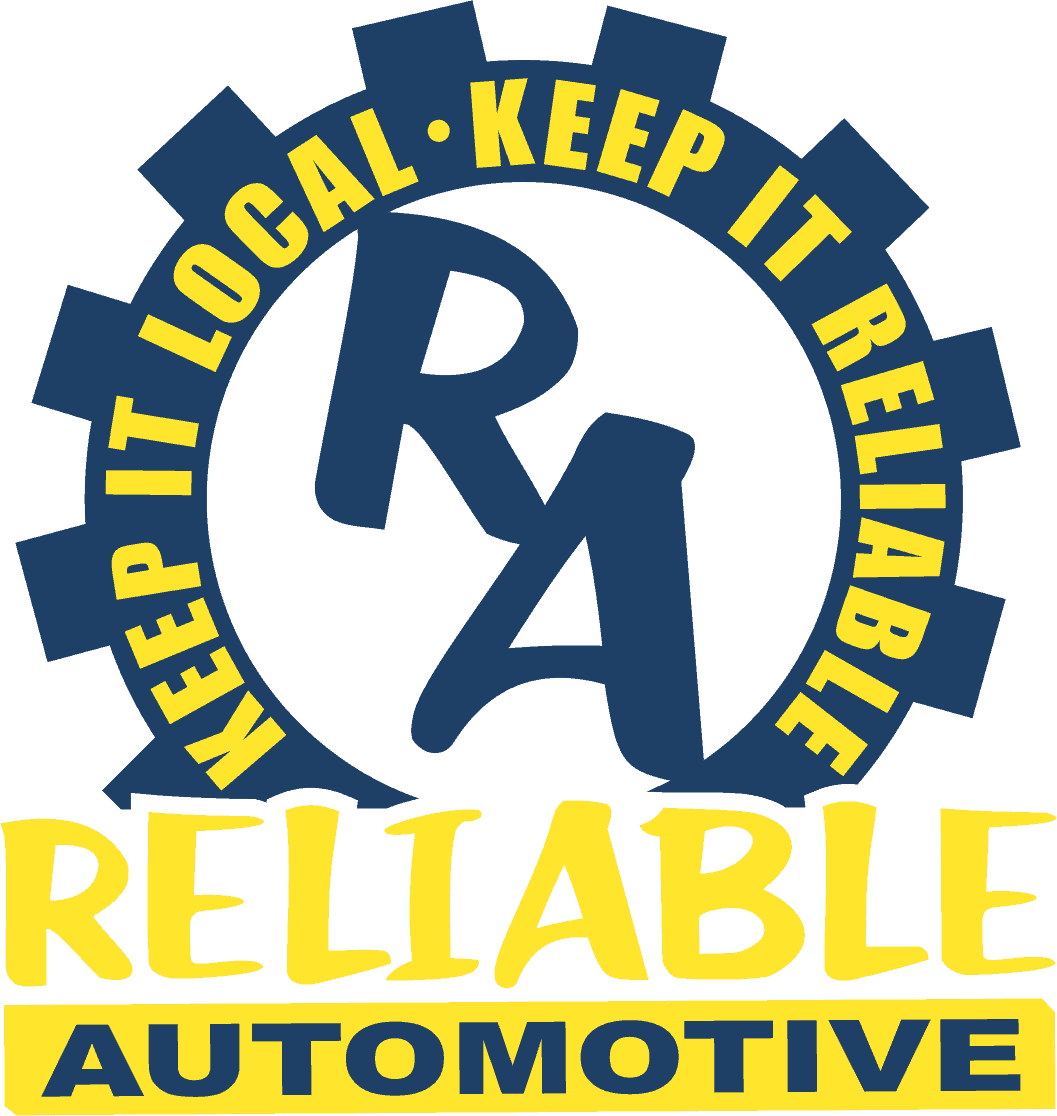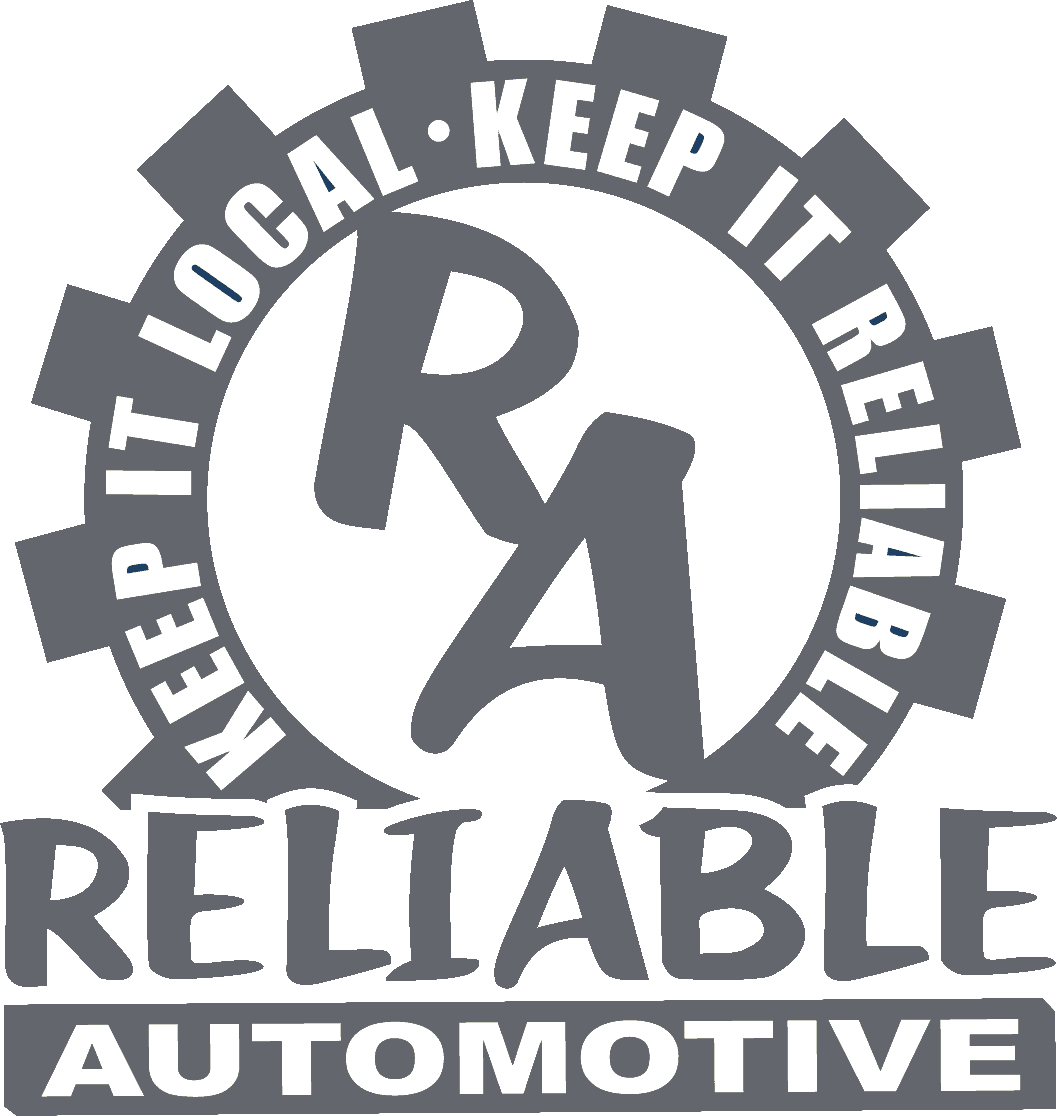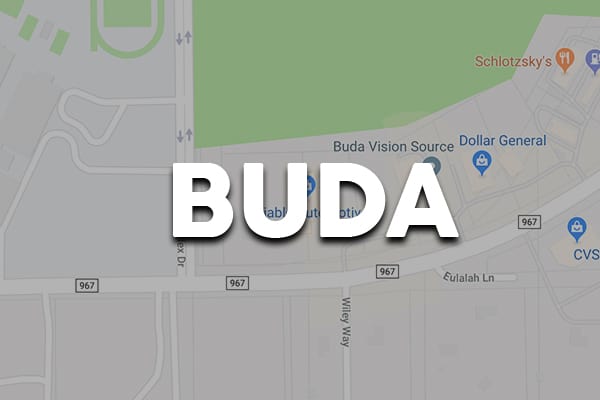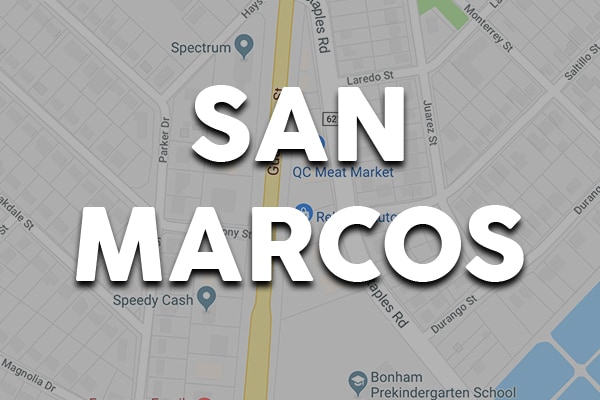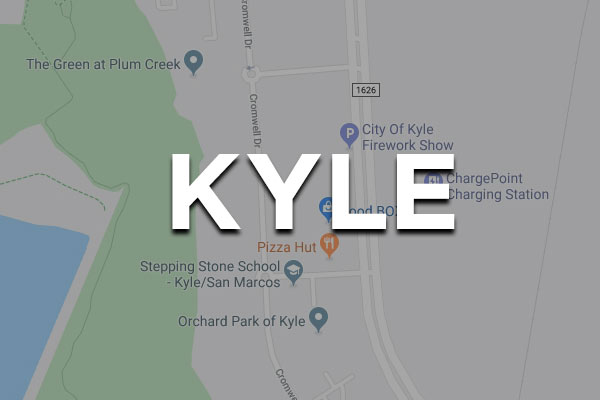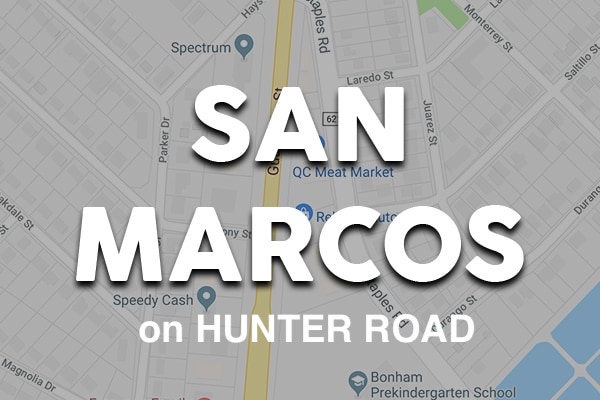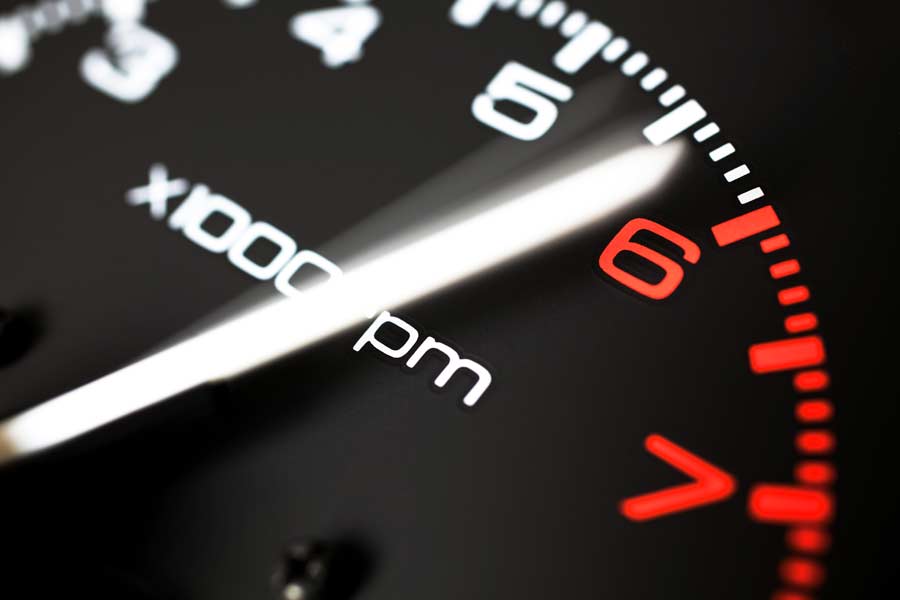
After starting your car, the valves in its engine move, thus turning the shaft. A revolution is a complete turning of the crankshaft, and RPM is the number of times the crankshaft rotates in a single minute. Vehicles with higher RPMs require more fuel, making the engine overwork. If your car has an internal problem that makes it idle higher, it might have a higher RPM that jumps when you try accelerating. If your vehicle is exhibiting any of these signs, it might have one of the following issues that need to be addressed.
1. Dilapidated Sparking Connectors
Deteriorated spark connectors make it strenuous for timely fuel ignition within the piston, causing poor acceleration. Your car may experience jolting when trying to increase the speed. Also, if the ignition wires are depleted, the vehicle may get the same experience.
2. Problems with the Timing Chain
A loose timing chain or one with improperly connected teeth may cause the engine to not function correctly. When a car’s valves are outdated, it is impossible to close the exhaust and intake pistons, which reduces compression.
3. Dirt in the Fuel Injectors
Dirt and other impurities can build up over time and block fuel injectors, causing acceleration problems. This can also reduce the vehicle’s effectiveness as you try to speed up. Your vehicle may idle inadequately, and it can consume an increased amount of fuel just to idle.
4. Uncleaned Air Filters
A car’s engine requires a mixture of fuel and air for a complete ignition process. The air filter holds dust particles to prevent them from getting into the engine, which may cause harm. After using the car for some time, you may experience clogging in the air filter caused by various impurities. For this reason, an unsteady airflow may enter your engine, making your car experience problems while starting or speeding up.
5. A Damaged Vacuum Hose
Your car has several hoses that deliver air and fuel to the engine. Therefore, a defective vacuum hose may prevent air or fuel from moving to the engine in the correct quantity for combustion. The vehicle may end up using too much air or fuel.
6. Defective Engine Cylinders
Your engine will not work effectively if your engine cylinders get damaged. It may cause an engine misfire. Contact your mechanic to replace or repair the cylinders if you experience such a problem to prevent the engine from becoming ruined quickly.
7. Blockage in the Catalytic Converter
You may experience a blockage in the catalytic converter, usually caused by too much fuel and air passing through the catalytic converter. It often leads to the car jerking after you press the fuel. You can use a catalytic converter cleaning agent or notify your mechanic about the issue.
8. Damaged Carburetors
The carburetor controls the amount of air and fuel that enters the engine. When the carburetor has some defects, it may cause the car to jolt while speeding up. It may also lead to generally poor performance from the vehicle.
Bottom Line
When you notice the above problems on your car, be sure to contact your mechanic as soon as possible. If you’re in Central Texas, consider taking your vehicle to a reliable automotive service shop for repairs. Our experienced mechanics will be able to diagnose if any of the issues listed above are the reasons your RPM jumps as you speed up.
Book an Auto Repair Appointment int Buda
Book an Auto Repair Appointment in San Marcos
Book an Auto Repair Appointment in Kyle
